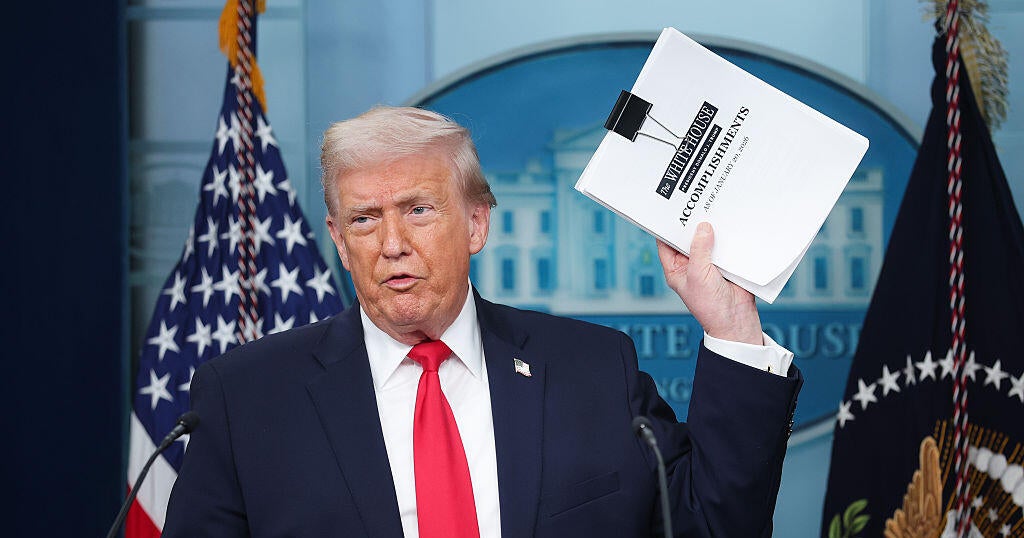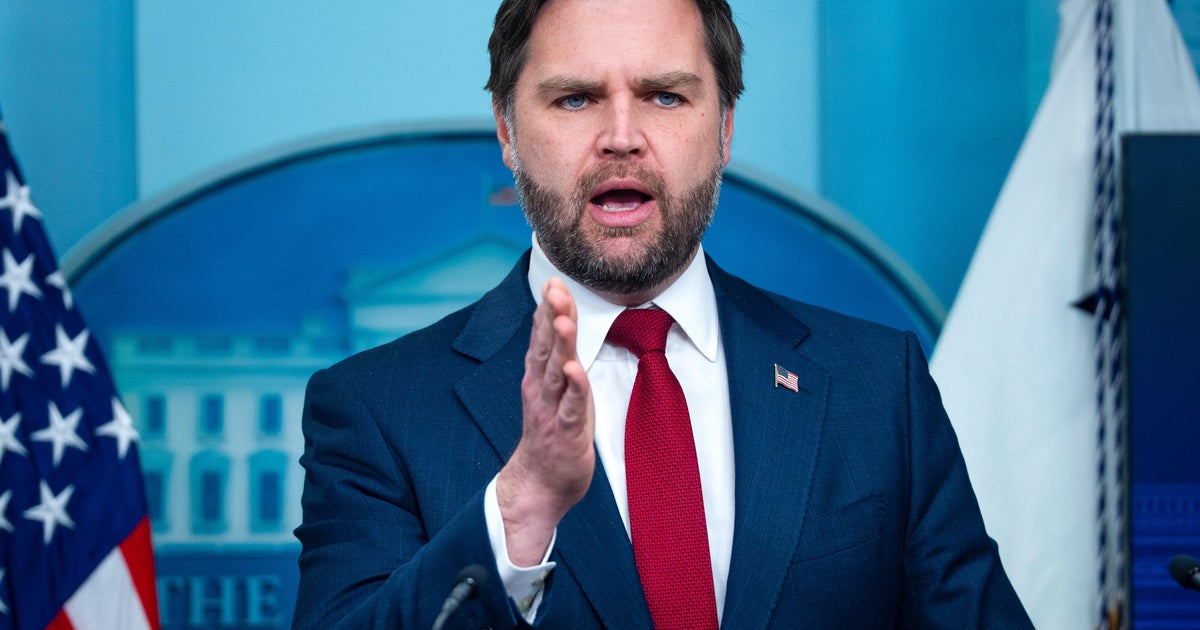White House responds to lawsuit against Trump for naming CFPB acting director
Amid ongoing fights over leadership of the Consumer Financial Protection Bureau (CFPB), the White House maintains that President Trump's current Office of Management and Budget Director Mick Mulvaney is the rightful chief of the financial agency, given that the president named him acting director.
White House Press Secretary Sarah Huckabee Sanders said in a statement early Monday morning that the administration was aware of a lawsuit by Leandra English, who has been the deputy director of the CFPB, but that there was "no question" Mulvaney was now the acting director.
"The law is clear: Director Mulvaney is the Acting Director of the CFPB," said Sanders.
English was chief of staff to bureau director and Obama appointee Richard Cordray when he named her deputy director as he prepared to resign last week.
Following his resignation, Mr. Trump announced his own acting director of the agency with Mulvaney, who had widely been expected to be Mr. Trump's temporary pick for the bureau until a permanent one could be found.
The president promised to bring the agency "back to life" in tweets Saturday afternoon, criticizing Cordray's leadership.
The administration later consulted with the Justice Department's Office of Legal Counsel before moving forward with the Mulvaney designation, and the OLC signed off on the decision, according to one official.
"Now that the CFPB's own General Counsel - who was hired under Richard Cordray - has notified the Bureau's leadership that she agrees with the Administration's and DOJ's reading of the law, there should be no question that Director Mulvaney is the Acting Director," said Sanders.
She added, "It is unfortunate that Mr. Cordray decided to put his political ambition above the interests of consumers with this stunt. Director Mulvaney will bring a more serious and professional approach to running the CFPB."
English's suit had filed a temprorary restraining order Sunday night in the hopes of blocking the president's appointment of Mulvaney to the agency.
English cited the Dodd-Frank Act which created the Consumer Financial Protection Bureau. She said that as deputy director, she became the acting director under the part of the law which mandates that the deputy director "shall...serve as the acting Director in the absence or unavailability of the Director."
She also argues that the Federal Vacancies Act, which was cited by the White House when Mr. Trump named Mulvaney acting director, doesn't apply when another statute has already designated a temporary acting director.
Mulvaney, a former congressman, has called the agency a "joke" and an example of bureaucracy run amok. He is expected to dismantle much of what the bureau has done.
But he arrived for his first day on the job on Monday bearing a bag of donuts for some of the staff. Asked by reporters outside the building if he had legitimate authority over the bureau, Mulvaney replied, "Yes, yes I do."
In an email obtained by CBS News, Mulvaney, upon arriving at the bureau, instructed agency staff to disregard any directions from English moving forward in a staff-wide memo.
"It has come to my attention that Ms. English has reached out to many of you this morning via email in an attempt to exercise certain duties of the Acting Director. This is unfortunate but, in the atmosphere of the day, probably not unexpected," he wrote.
He added, "I apologize for this being the very first thing you hear from me. However, under the circumstances I suppose it is necessary."
He was later seen attending a meeting with senior staff at a CFPB office.
While some Democrats, including Minority leaders Rep. Nancy Pelosi, D-California and Sen. Chuck Schumer, D-New York, have called the move an unlawful abuse of the courts, John Dean, Former White House Counsel under President Nixon echoed those concerns of ignoring the law, tweeting late Sunday, "We'll see if those GOP judges believe in the rule of law and halt this unlawful action by Trump. He seems to be betting they won't stop him."





